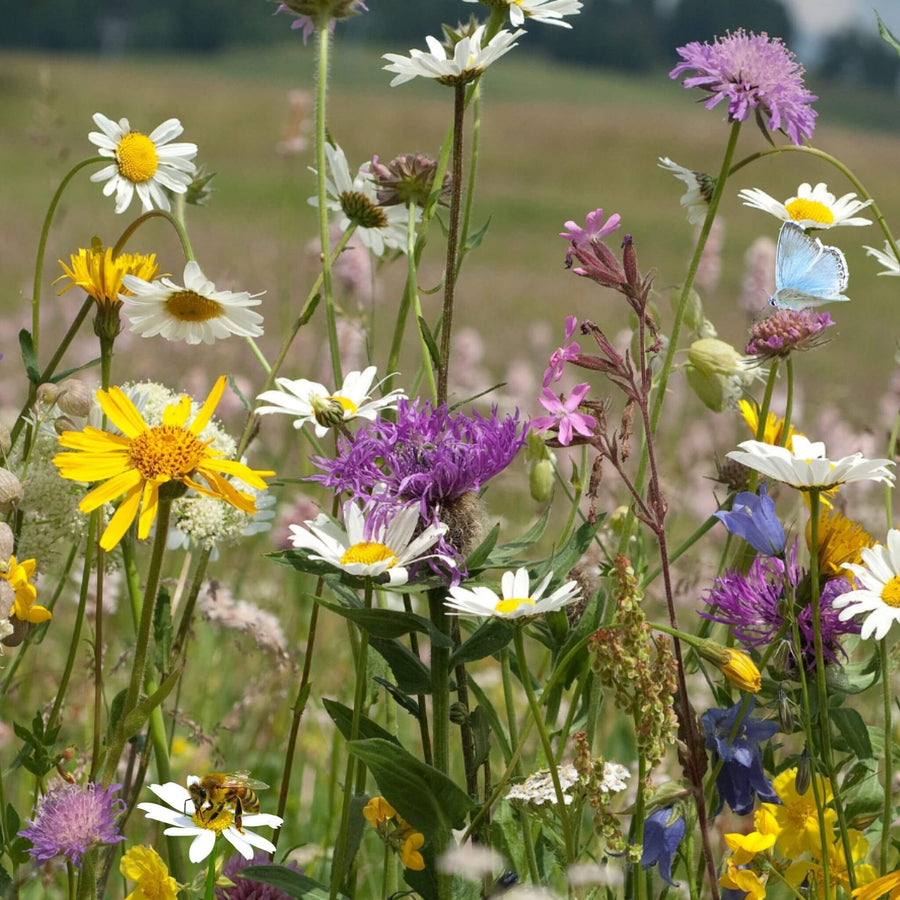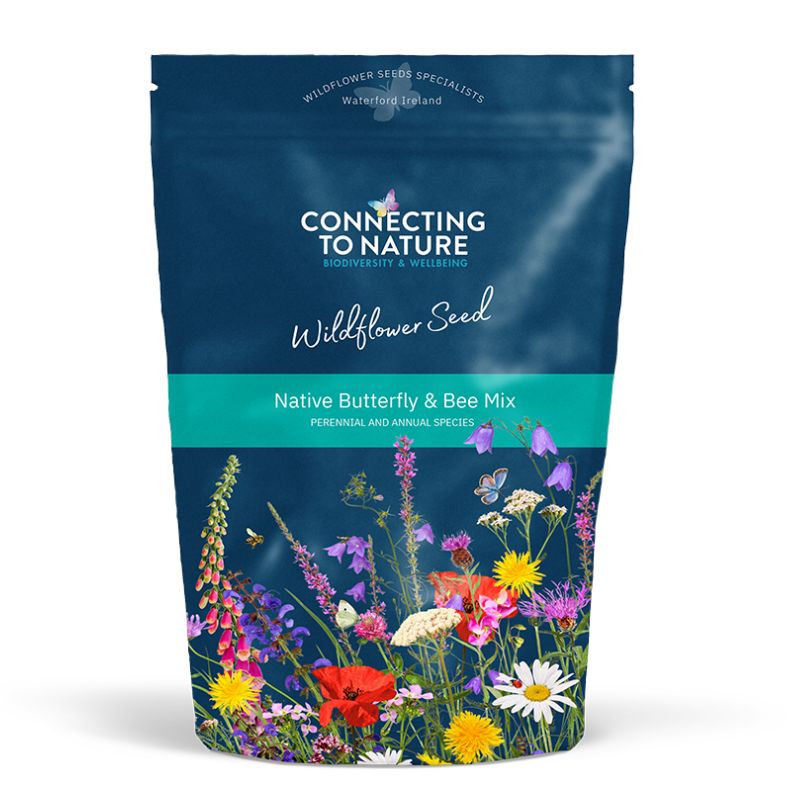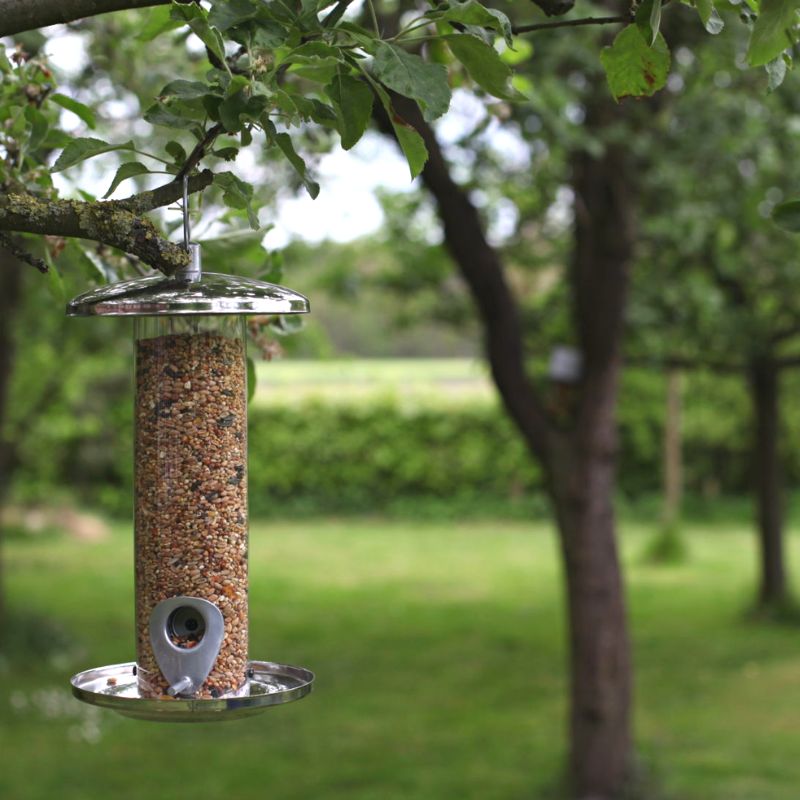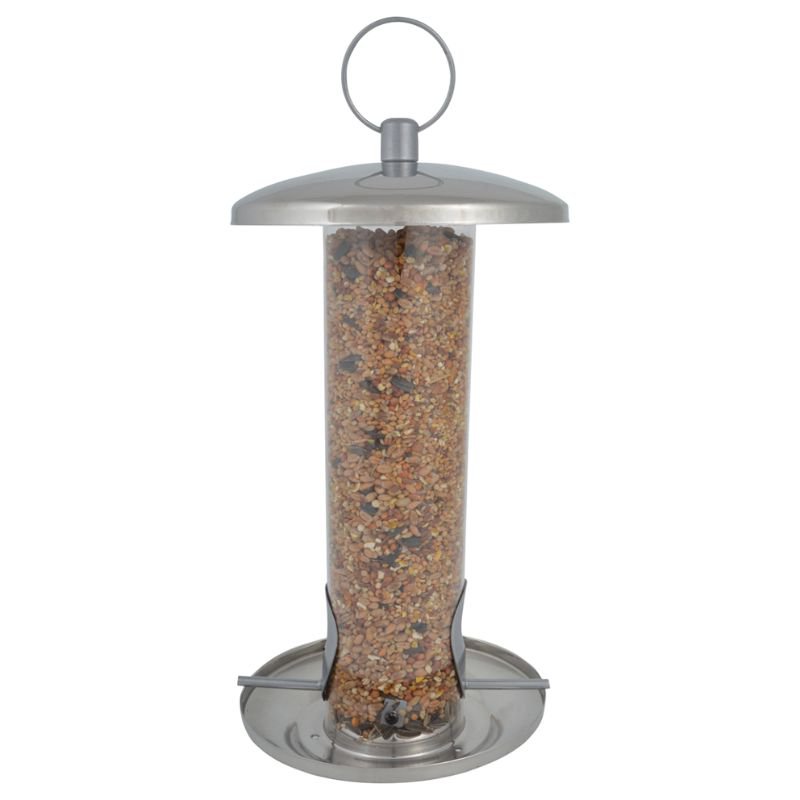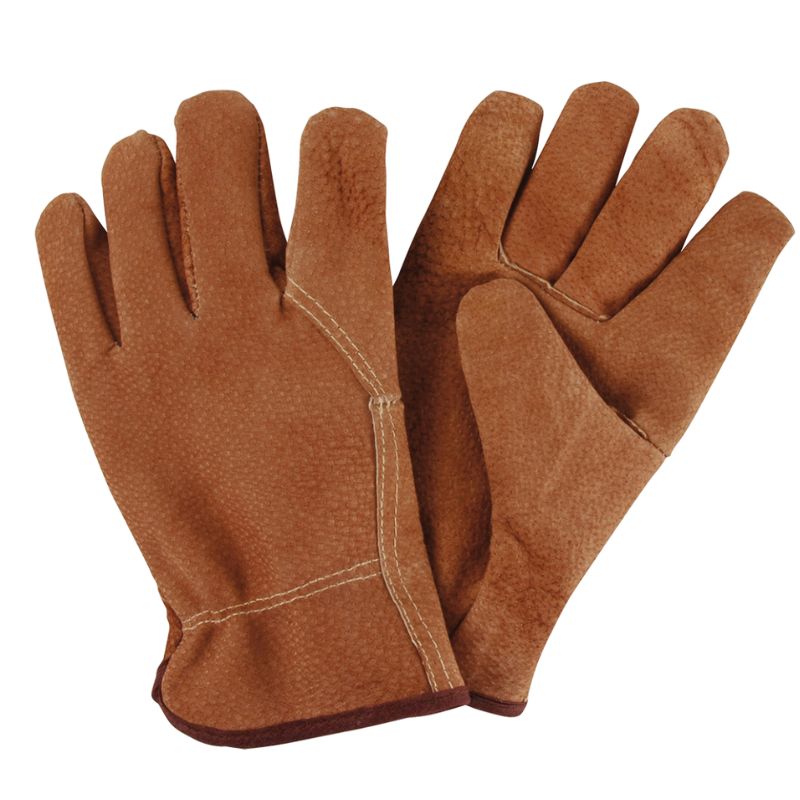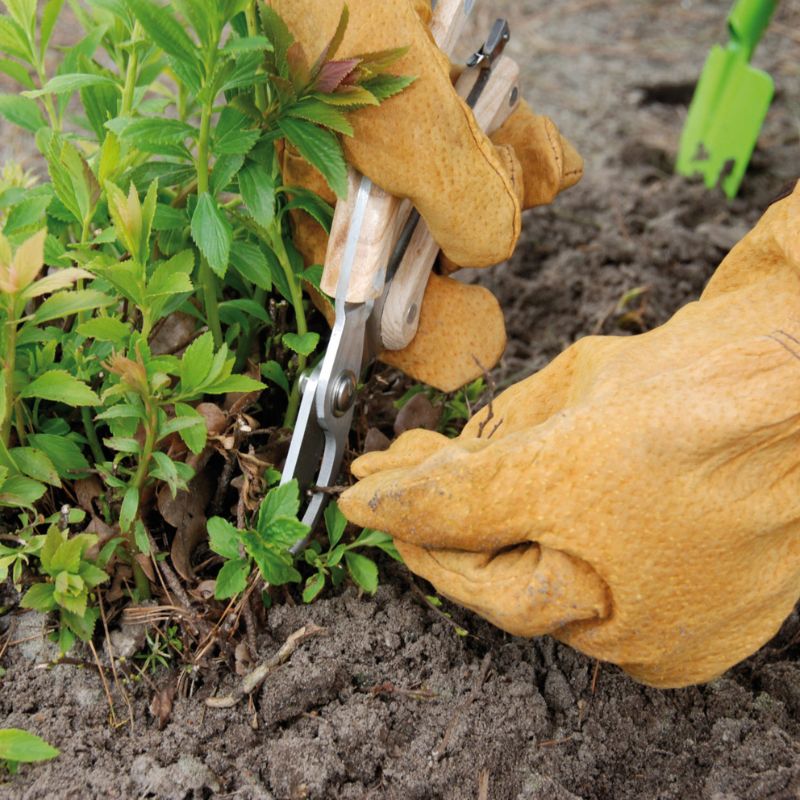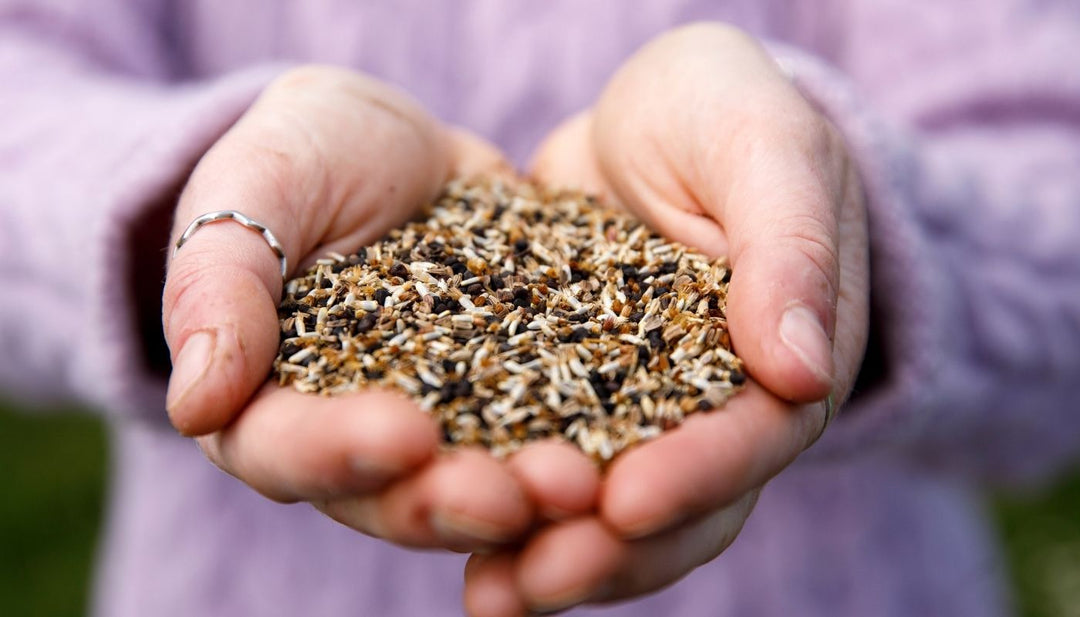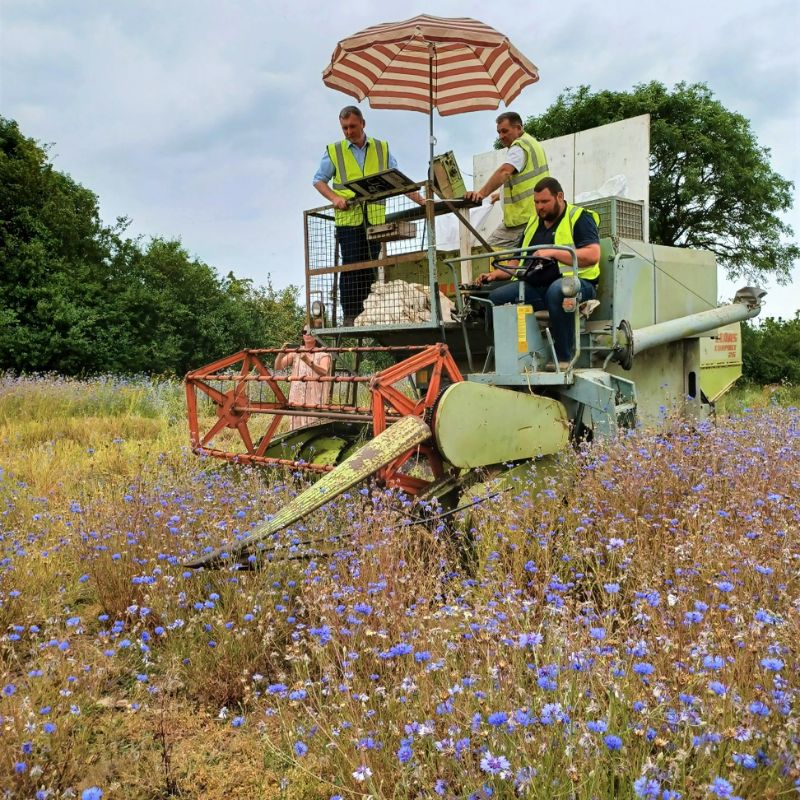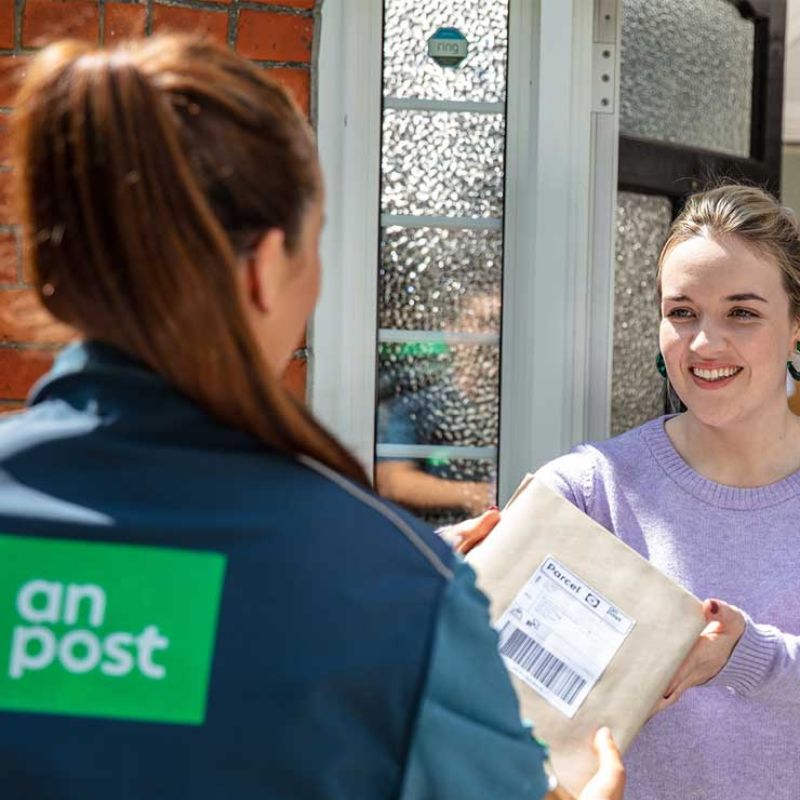Creating safe nesting places for solitary bees
Have you ever noticed a bee flying up and down an old wall looking for small holes or cavities? A common sight on old stone-built houses or old field and garden walls. This bee is a solitary bee, one of the most efficient pollinators in our gardens. As the name implies, the solitary bee does not form large colonies or nests. Instead, they live a hermitic life searching for small compact spaces to make a home.
Modern houses tend not to have the same nooks and crannies that were common in older builds. This has therefore led to a loss of nesting areas for the solitary bee and other valuable insects.
So, how can we help solitary bees? We all know providing food (flowers) for pollinators is essential, but how many of us know the importance of providing a safe nesting place and home for this endangered species? You can create your own shelter or buy a ready-made bee hotel. A bee and insect hotel is a specially made habitat that can house the solitary bee, mason bee and protect other insects such as butterflies and ladybirds.
Where should I put the hotel?
There are some points to consider when positioning your bee and bug hotel to encourage the maximum amount of insects to use it. Follow these simple steps to significantly increase the number of beneficial insects you bee and insect hotel will host;
- Choose an area sheltered from heavy rain and cold winds. Solitary bees do not like the cold or the damp.
- Position in an area that gets morning sun. Solitary bees need heat to become active in the mornings and encourage them to build a solid nest and produce offspring.
- Hang the bee hotel on a South or South-east facing wall or tree. The prevailing wind in Ireland comes from the West, so a south or southeast area will be better protected and receive early sun.
- Position at least 1.5 meters off the ground to prevent dogs, cats, other mammals and birds of prey from damaging the hotel and insects housed inside.
- Why not place it where you can see it, for example, a window box, balcony or tree. Research is proving that noticing and engaging with nature is key to our well-being and happiness.
- Solitary bees don’t like to venture too far from home to find food, try place to bee and bug hotel close to nectar and pollen-rich plants.
Other steps to make these beneficial insects feel at home.
The solitary bee and most other beneficial insects feed on nectar and pollen from flowers. So when buying seeds or plants, check to see if they are nectar-rich species. Unfortunately, many popular garden plants and some ornamental plants have showy flowers but don’t produce much pollen or nectar. Essentially, these plants are colourful food deserts.
Like humans, bees need water to keep hydrated. During hot weather, place a shallow dish of water in your garden with a rock or branch in the dish; this will give the insects a ramp to escape with if they fall in.


